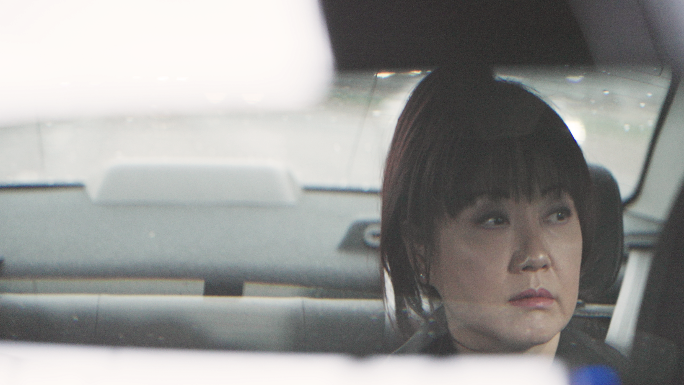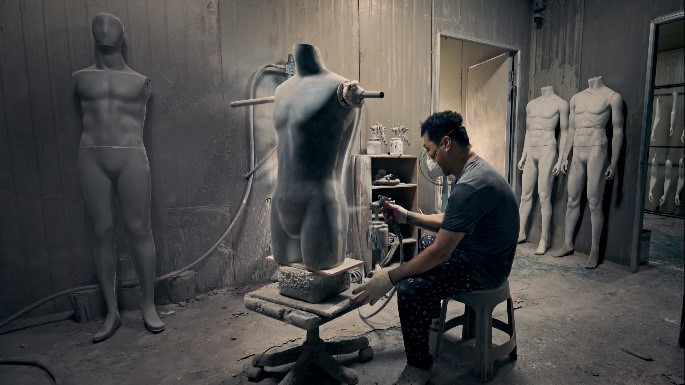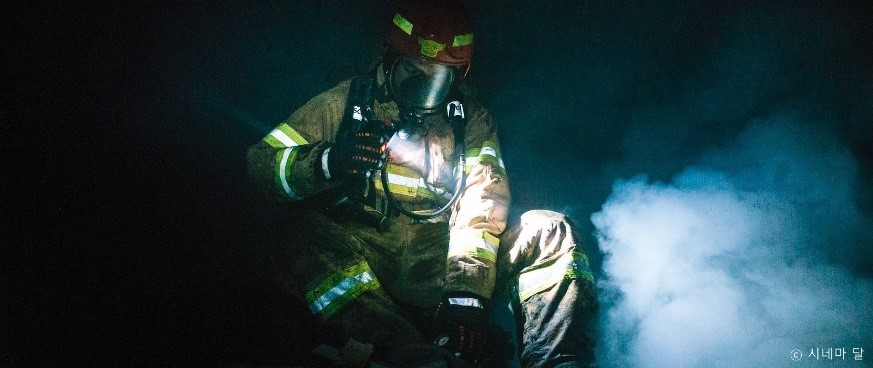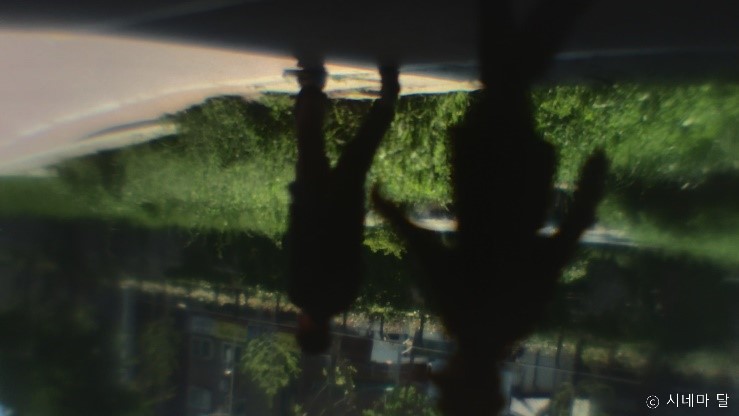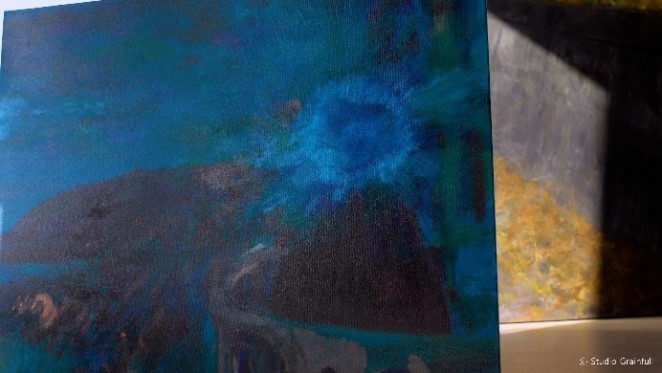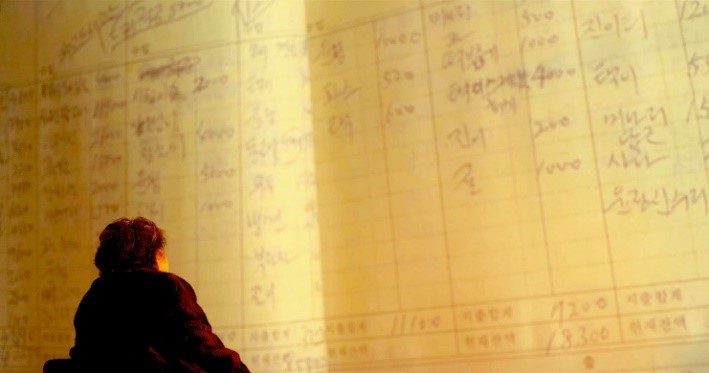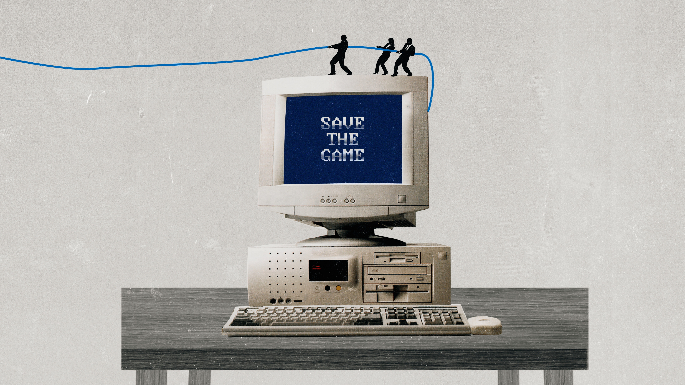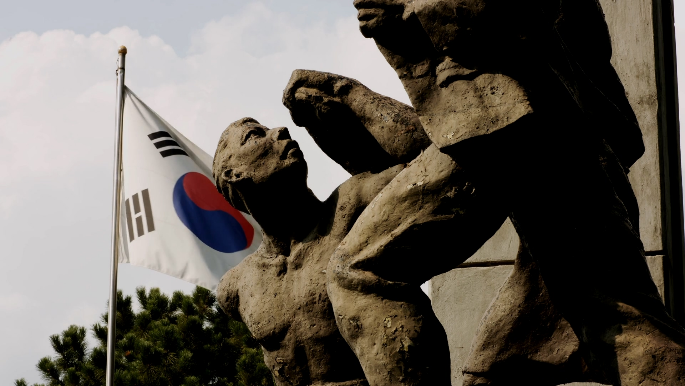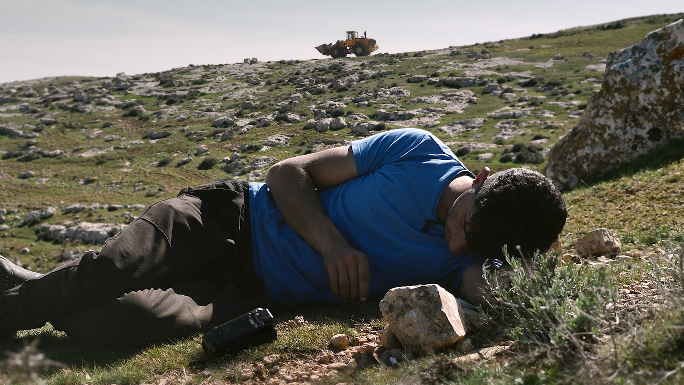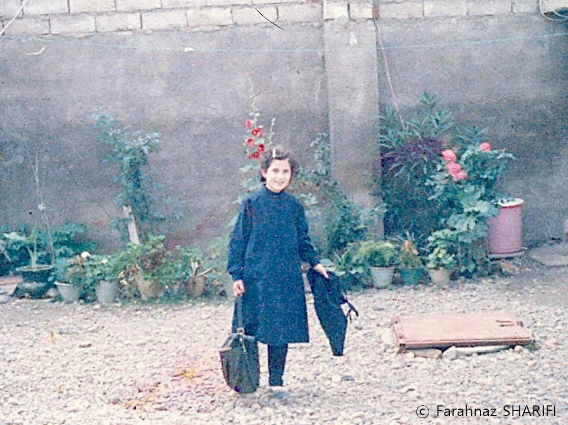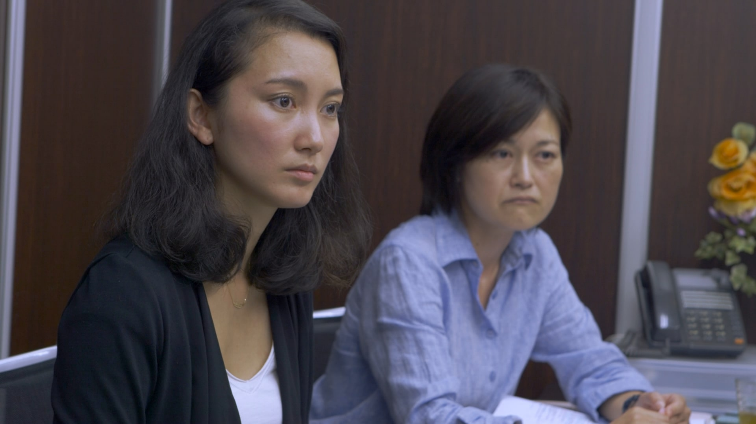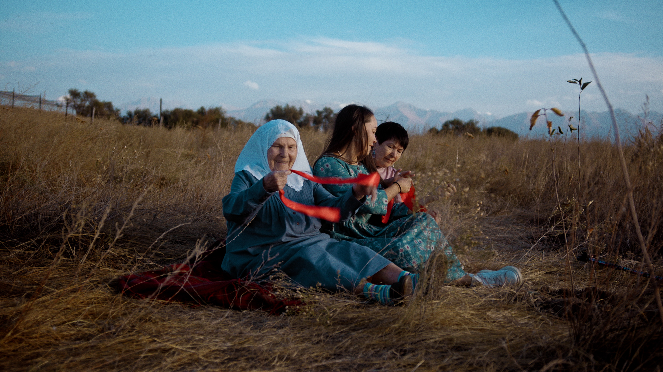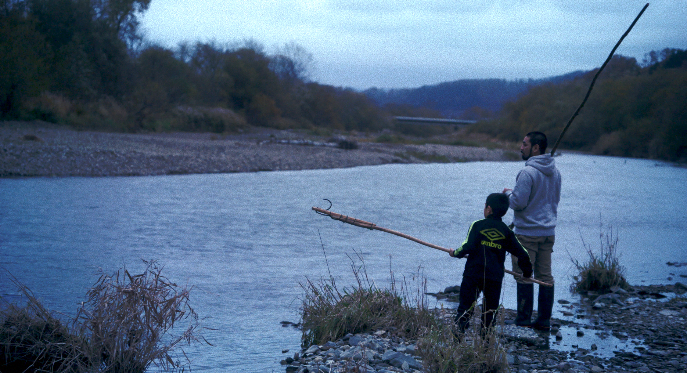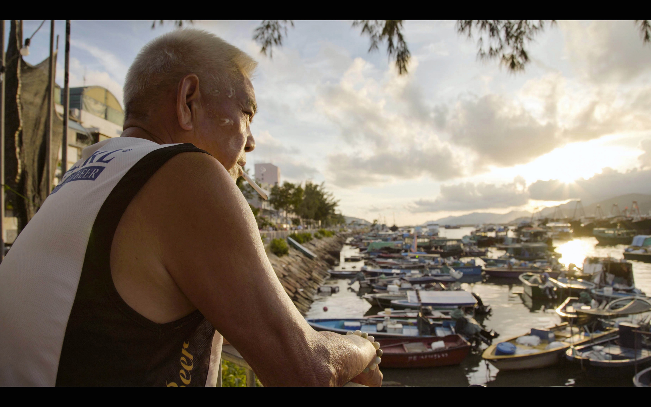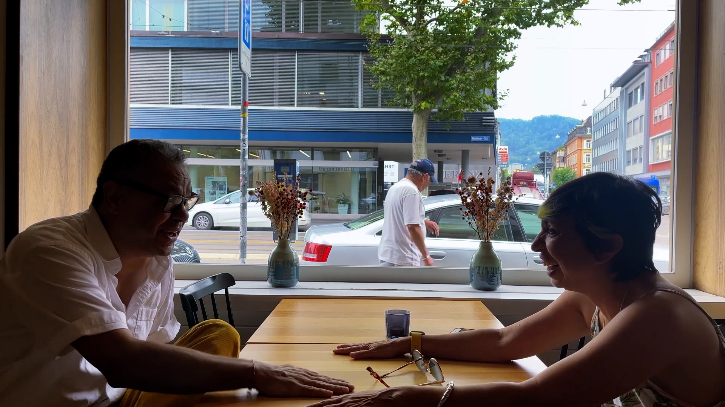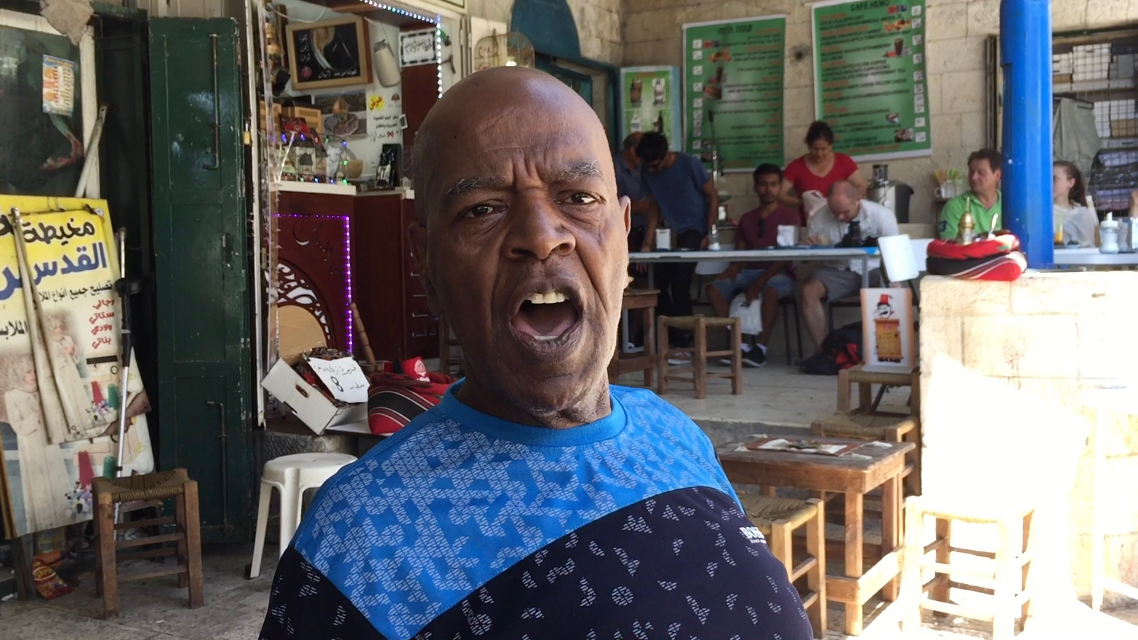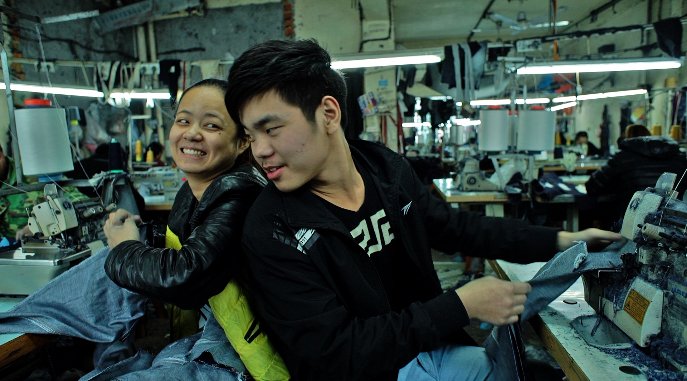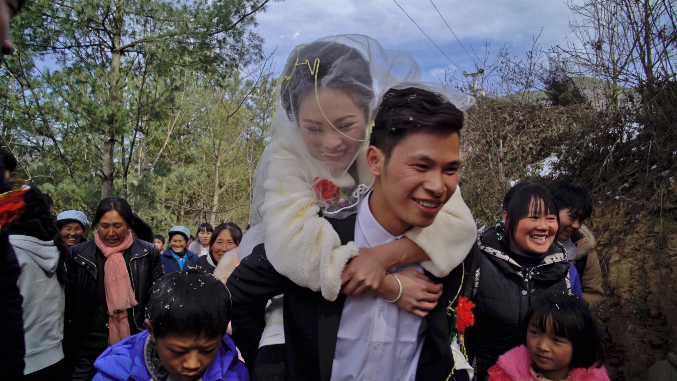The Rise of Emerging Korean Documentary Filmmakers
This year, the number of entries in the Wide Angle – Short Film Competition (both Korean and Asian) has set a new record. While the number of submissions has steadily risen each year, this year saw an impressive increase of over 20% compared to last year. The surge in Korean documentaries is even more remarkable, with submissions nearly doubling from the previous year. What is happening in the Korean documentary scene? Regardless of whether submissions fall short of expectations or, as this year, experience a dramatic increase, one constant remains: works consistently pour in just days before the submission deadline. In other words, the Korean documentary lineup remains unpredictable until the very last moment.
One of the most notable features of this year’s Korean Documentary Competition is the introduction of numerous ambitious works by new directors. The features include director Jo Seyoung’s K-Number, which breaks into the heart-throbbing truth about overseas adoption; director Park Minsoo and Ahn Kearn-hyung’s Works and Days, which contains the inner voice about everyday laborers; director Ryu Hyung-seok’s The First Responders that closely observed firefighters of Yangsan; director Sohn Koo-yong’s At the Park that offers an original view and poetic perspective about space and nature; and director Lee So-jeong’s Every Single Dot which will introduce a unique cinematic adventure.
Mother's Household Ledger |
Director Hwang Da-eun and Park Hong-yeol collaborated with artists during COVID-19 and showcased small room exhibitions, Landscape Drifting. Director Sung Seungtaek’s Mother's Household Ledger reconstructs Korea’s modern history through a mother’s 50-year-old household ledger, director Park Yunjin’s SAVE THE GAME, covers the stories of Korean game developers followed by her previous piece, People in Elancia (2017) which dealt with the world of RPG games, director Kim Mooyoung’s The Sense of Violence that studied what effects of the anti-communist policy during the 1960s and 1970s in Korea had towards the replication of images for film, photography, and architecture. These original subjects will widen the spectrum of Korean documentaries.
Dramatic Attempts of Asian Documentaries
On the other hand, when it comes to Asian documentaries, there is a steady stream of submissions as soon as the official submission opens. The lineup for the Asian Documentary Showcase is often finalized well before the official submissions even begin. As we gather Asian documentaries that have won awards or garnered attention at festivals before the Busan International Film Festival, such as the Sundance Film Festival, Hot Docs Festival, Berlin International Film Festival, and Cannes Film Festival, there is always a sense that the quota is insufficient. This year, in particular, the lineup for the Asian Documentary Showcase is solid.
XiXi, recipient of the Asian Network of Documentary (AND) fund, which premiered at North America’s largest documentary film festival, Hot Docs Festival, gives us a glimpse into the fascinating life of XiXi, a nomadic artist who has cast off all norms. No Other Land received the Berlinale Documentary Award 2024 at the Berlin International Film Festival and offers numerous touching moments through the heartfelt relationship between four young Palestinians and Israelis. My Stolen Planet, introduced in the Panorama section of the Berlin International Film Festival, is a home-movie-style documentary that begins with the story of the female director, exploring the history of Iranian women. Meanwhile, Black Box Diaries, a standout at the Sundance Film Festival, is an intensely impactful first-person documentary that combines a personal vlog with a historical legal battle that shook Japanese society.
Asian Documentary Competition features world premieres and is introducing significant changes this year. While many films still revisit Asia's tragic history or focus on sociopolitical issues, this year's lineup leans more toward personal documentaries that start from the self or family, with larger discourses serving as a backdrop rather than the central theme. Also, it is notable that these documentaries follow a narrative film-like structure. For instance, the road movie documentary Gingerbread for Her Dad, which spans three generations of Kazakhstani women, and the Japanese family drama Ainu Puri, about an Ainu father and son, incorporate narrative film techniques in their cinematography and editing. Also, Another Home, set against the backdrop of a food stall during the 2019 Hong Kong democracy movement; A Fly on the Wall, which captures the final two weeks of a close friend’s life after choosing euthanasia; and Ms. Hu’s Garden, which intriguingly portrays scenes of Chinese people being evicted even from a ‘garden of dreams’ made of trash, all present stories that are perhaps even more dramatic than narrative films, offering something that traditional cinema may not be able to capture.
The Noble Makhmalbaf, the Must-Watch Wang Bing
Here, Children Do Not Play Together |
Another master, Wang Bing, is the most prominent name in 21st-century Asian documentary filmmaking. His Youth trilogy is noteworthy. Following Youth (Spring) (2023), which competed at the Cannes Film Festival last year, the second part, Youth (Hard Times), and the third part, Youth (Homecoming), have been invited to compete at this year's Locarno International Film Festival and Venice International Film Festival, respectively. This is an infrequent occurrence for an Asian documentary. This series began in 2014 and was shot over six years and edited over another six, resulting in a trilogy with a total runtime of 10 hours. It seems as though film festivals around the world have been eagerly awaiting the release of this series, as it has been invited to various competitive sections. Following Youth (Spring) (2023), the second and third parts will be screened in Busan as Asia premieres. It is a rare and significant opportunity to see a monumental work from Wang Bing in the 21st century, following Tie Xi Qu: West of the Tracks (2001).
RM: Right People, Wrong Place |
This year’s Open Cinema section also features documentary films. The section, set up to fill an outdoor venue with 4,000 seats, will showcase works that offer widespread appeal and significant buzz. RM: Right People, Wrong Place fits this criterion perfectly. The film chronicles the process of producing BTS leader RM’s second solo album, unfolding like a distant coming-of-age movie or a unique road movie. Assemble, ARMYs!






